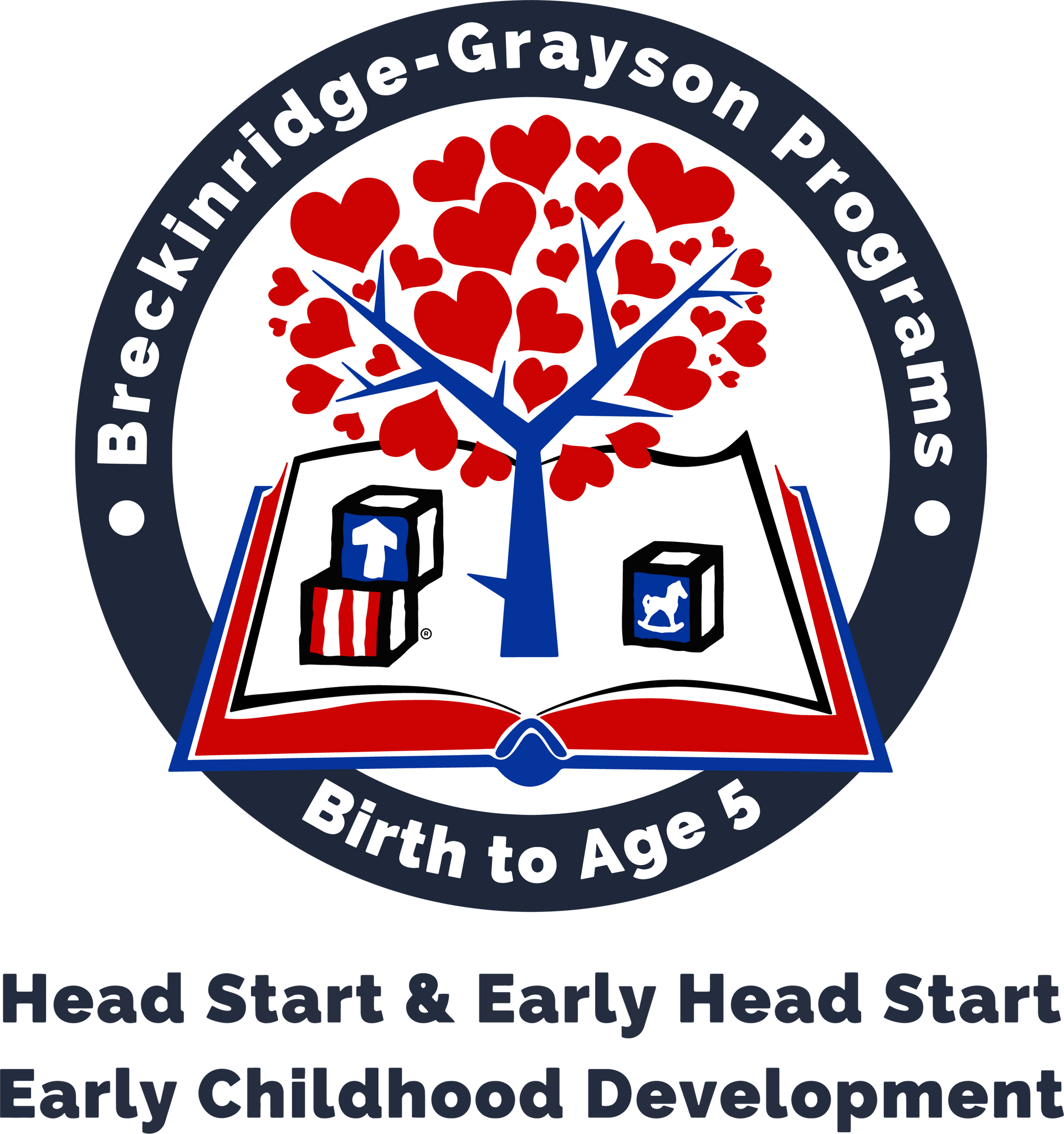Children are each unique in their own way. Our program is fortunate to serve and values the special qualities of each child. We are resigned not just for the child, but also the family. Family Engagement and comprehensive services also play critical roles in children's development and school readiness. Children with disabilities will receive modifications and/or accommodations to meet his/her individual need based upon underlying document of the Individualized Service Plan, Individualized Education Program and/or the 504 Plan.
Children at BGP receive screenings and assessments that help to identify early indicators of a child-at-risk or potential delays. In the event either is noted, Response to Intervention is implemented. Response to Intervention is a process that provides children with additional supports prior to making a referral for special education and/or other services. However, if, Response to Intervention is completed and limited to very limited process is noted, then a referral for special education in considered by the Local Education Agency. When the assessment is completed, a meeting will be held to share evaluation results and determine eligibility. If eligible to receive services, then an Individualized Education Program would be developed to meet the specific needs of the child.
Our overall goal is to assist the families of BGP throughout the educational process in the early childhood setting. Should you have questions or concerns, our staff is willing to assist you to gain a better understanding. Your child's teacher, Family Service Manager, Family Service Coordinator, and/or Disabilities/Mental Health Specialist would be happy to meet with you.
LEA- Local Education Agency
First Steps- Early intervention program for children birth to age 3.
Referrals- In order for a child to be evaluated with First Steps or the LEA, one must go through the referral process as deemed appropriate with either organization. Each has a separate process to follow.
IECE Teacher- Interdisciplinary Early Childhood Education Teacher
RTI- Response to Intervention is a process for children that have a potential delay or delays and need additional supports prior to making a referral to the LEA. Those services are provided through tiers of interventions. In Tier I instruction all children receive. In Tier II, the classroom teacher continues to provide support and the child/children are provided 4-6 weeks additional interventions from the IECE Teacher. If steady progress is made in Tier II, then it is continued; if limited progress is documented the child/children are moved to Tier III. In Tier III, the child/children continue to receive supports from the classroom teacher, but more intense interventions are implemented by the IECE Teacher for 4-6 weeks and if some growth is made, Tier III is continued. Should limited or no progress be made, the child/children may be considered for a referral for special education with the LEA.
IFSP- An Individual Family Service Plan developed by First Steps for children that qualify to receive services in one or more of the 5 development areas (communication, social/emotional, self-help, cognition, and motor/physical development). It includes present levels of performance, goals and outcomes based on an individualized assessment.
IEP- An Individualized Education Program is a law abiding document that is developed to provide present levels of performance. Goals and benchmarks are developed to meet the needs of the child based on an individualized assessment and are entitled to modification in the education setting. Children must meet eligibility criteria as a child with a disability; generally, children in the early childhood setting be either eligible with a development delay in one or more of the development areas; communications- speech/language impairment (SLI), cognition, social/emotional, self-help/physical development. Motor/physical is serviced by either an Occupational Therapist (OT) or a Physical Therapist (PT). Orthopedic impairment (OI), visual impairment (VI), and/or hearing impairment (HI) are entitled to receive specialized services.
ARC- Admission and Release Committee- compromised of an ARC chairperson, disability specialist, classroom teacher, IECE teacher, parent, and therapists depending on the child's suspected disability and/or disability.
Eligibility- To be classified as a child with a disability, one must meet eligibility criteria as determined by the Kentucky Department of Education and is part of the IDEA (Individuals with Disabilities Act).
504 Plan- To qualify for a 504 plan, the child/children must have a disability or impairment that substantially limits the ability to access the learning and also, the child/children are entitled to accommodations. The 504 is monitored by the Office of Civil Liberties (OCL).
Due Process- Due process is the process that protects the rights of parents, guardians, and/or education representatives (educational setting) of children with a disability/special education.
Parent Rights- Parent Rights are laws that protects the rights of parents, guardians, and/or education representatives who can participate in the educational decision-making process of a child. A copy or an explanation may be obtained at any time by contacting the disability specialist or local school board.
Transition Services- Transition Services refer to transition between programs: such as First Steps to Early Head Start, other preschool/daycare programs to Early Head Start and Head Start; transitioning from Early Head Start to Head Start; and transitioning from Head Start to Kindergarten.
DLL- Dual Language Learners are children who grew up with more than one language. The development of a child's home language in the family and early childhood program is an asset and will support the child's progress in all area's of learning maintaining strong ties with family, community, and culture.





